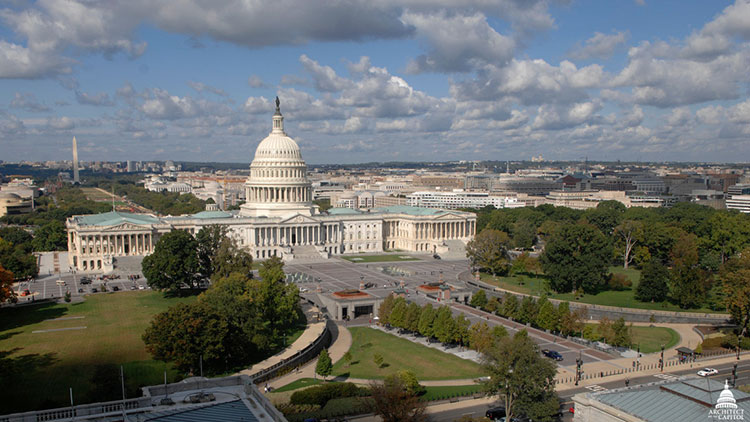Online Content Goes on Trial

The smarter way to stay on top of broadcasting and cable industry. Sign up below
You are now subscribed
Your newsletter sign-up was successful
The difficulties in fighting fake news and filtering content online were on display last week on Capitol Hill. At stake is whether the government steps in to regulate online content in the face of fake news, hate speech, Russian election meddling and allegations of censorship of online speech.
Opinions may vary depending on which side of the political aisle you inhabit, but currently the legislators crying censorship and seeking fixes are the Republicans who control the House, Senate and White House, with a president who regularly assails the media.
At a House Judiciary Committee hearing on those censorship allegations — specifically with regard to conservative speech — the political fractures were obvious. Democrats saw the hearing as a chance for the majority to push a narrative of conservatives under fire from liberal Silicon Valley, while Republicans said it was about a serious issue that might need a regulatory fix.
No-shows at the hearing were Google, Facebook and Twitter. But committee chair Rep. Bob Goodlatte (R-Va.) vowed to use “any means necessary” to get them to answer questions about how they filtered content.
They got plenty of advice in absentia. Newspaper publishers pushed for legislating fairness and forcing websites to prioritize their content over the “garbage” of others.
Berin Szoka, president of TechFreedom, warned Congress of the danger of a new “fairness doctrine” applied to social media platforms, similar to the since-abandoned FCC doctrine that required broadcasters to seek out opposing viewpoints on controversial topics.
Meanwhile, a Democratic representative argued that it was not the role of government to compel Facebook or Google to provide specific content, or to prohibit the companies from disfavoring or even censoring conservative or any other content if they chose.
The smarter way to stay on top of broadcasting and cable industry. Sign up below
Websites have liability protections in statute for third-party content, but that has recently been weakened by legislation making them liable for knowingly abetting online sex trafficking. Edge providers have been under the gun over fake news and privacy issues that have made the climate much more conducive to regulating Silicon Valley players, which once had a “garage innovator” pass from such conversations.
But while regulating privacy and protecting users’ data are pretty much bipartisan issues, regulating content breaks down more along party lines.
Almost everyone agrees that terroristic speech and inciting violence should not be protected. But whether or not the government should be in the business of deciding what information is garbage or fair is a different matter entirely.
Contributing editor John Eggerton has been an editor and/or writer on media regulation, legislation and policy for over four decades, including covering the FCC, FTC, Congress, the major media trade associations, and the federal courts. In addition to Multichannel News and Broadcasting + Cable, his work has appeared in Radio World, TV Technology, TV Fax, This Week in Consumer Electronics, Variety and the Encyclopedia Britannica.

